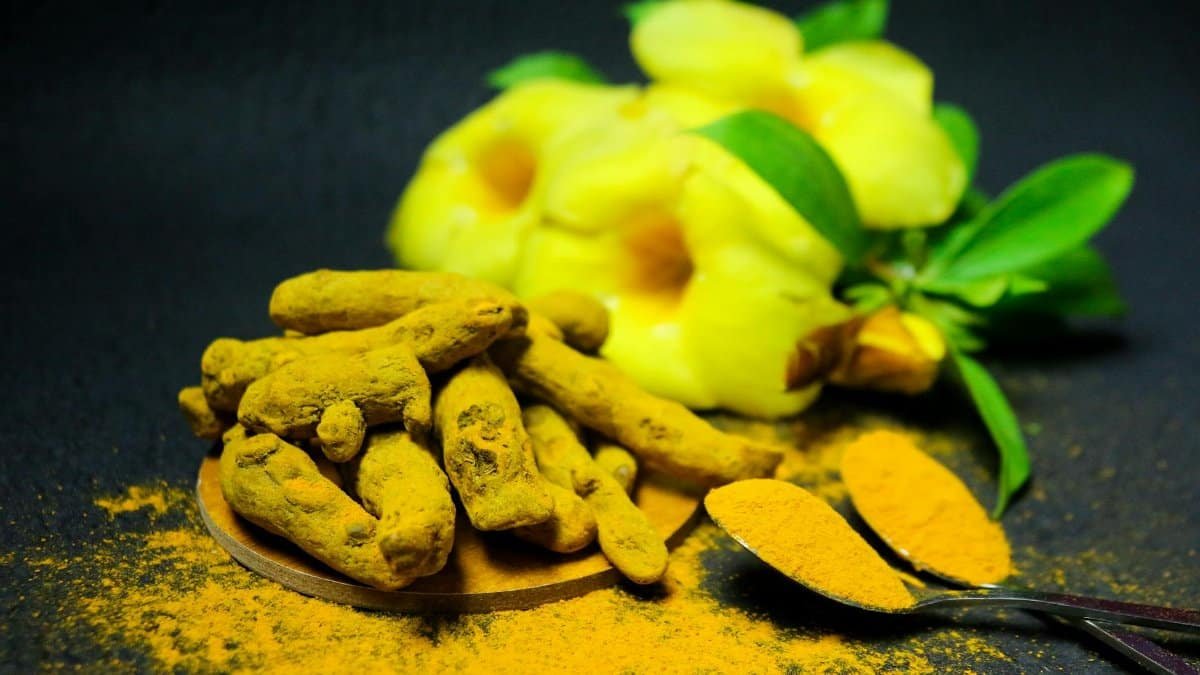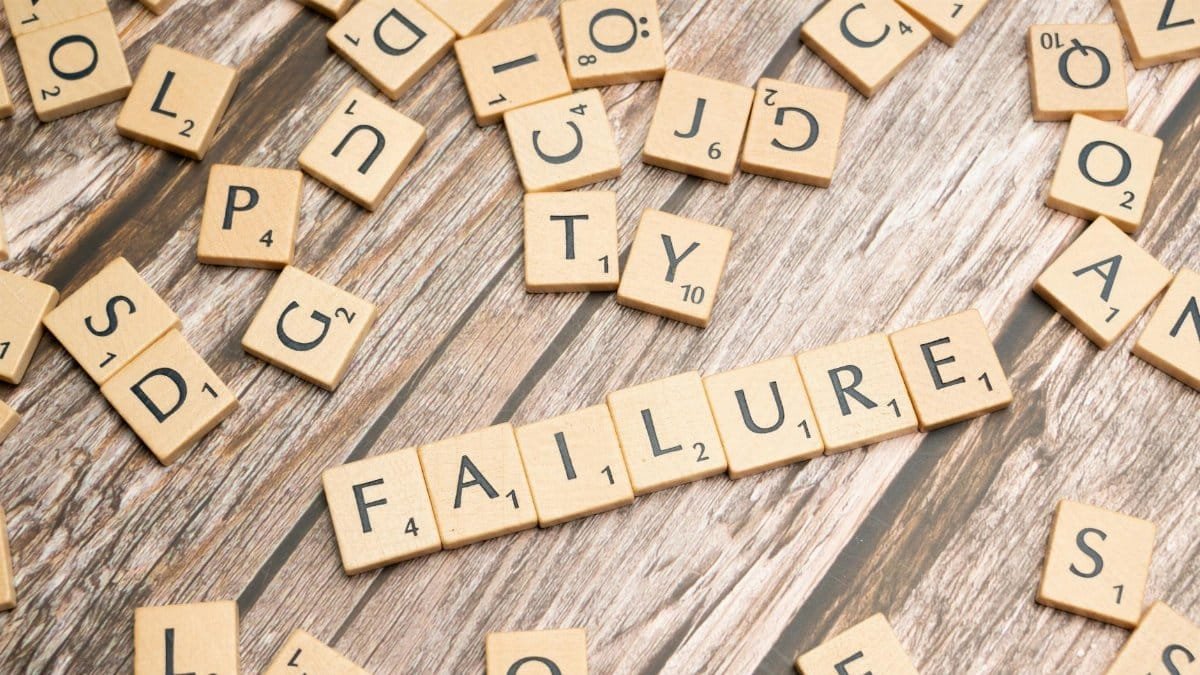A shocking 70% of Americans report high stress levels, according to recent surveys, yet many are turning to ancient remedies for relief. Enter Ayurveda, the 5,000-year-old Indian system of medicine that’s gaining traction in the U.S. as a pathway to emotional equilibrium. Far from trendy fads, Ayurveda emphasizes balance through diet, herbs, and lifestyle tweaks. As mental health concerns spike in 2025, this holistic approach is capturing attention for its promise of lasting calm without pills. But does it deliver? Experts say yes, backed by growing evidence.
The Roots of Ayurveda

Ayurveda traces back to ancient India, where it developed as a comprehensive health system. It views the body and mind as interconnected, using natural elements to restore harmony. In the U.S., it’s not just alternative medicine; it’s becoming mainstream. Clinics from New York to California offer treatments like herbal consultations and yoga integrations. This foundation helps explain why Ayurveda appeals to those seeking emotional balance amid modern chaos.
Doshas: Your Emotional Blueprint

Central to Ayurveda are the three doshas: Vata, Pitta, and Kapha. These energy types dictate your physical and emotional traits. An imbalance in Vata might cause anxiety, while excess Pitta could spark anger. By identifying your dominant dosha through simple assessments, you can tailor routines to foster stability. U.S. practitioners note that understanding doshas has helped clients manage mood swings effectively, turning emotional turbulence into steady ground.
Diet’s Role in Mood Regulation

Ayurveda stresses that food is medicine for the mind. Eating according to your dosha—cooling foods for fiery Pitta, grounding ones for airy Vata—can curb emotional ups and downs. Think turmeric for inflammation-linked depression or ghee for calming nerves. A study from the National Institutes of Health highlights how Ayurvedic diets reduce stress markers. In 2025, with rising interest in gut-brain connections, this approach is resonating with health-conscious Americans.
Herbal Allies for Inner Peace

Herbs like ashwagandha and brahmi are Ayurveda’s stars for emotional health. Ashwagandha combats stress by lowering cortisol, while brahmi boosts cognitive clarity. Users report fewer panic attacks and better sleep. Research published in the PLOS One journal supports ashwagandha’s anxiety-reducing effects. As pharmaceutical side effects deter many, these natural options are booming in U.S. wellness markets.
Lifestyle Rituals That Soothe

Daily routines, or dinacharya, in Ayurveda include oil pulling, meditation, and early rising. These practices ground emotions by syncing with natural rhythms. For instance, abhyanga (self-massage) releases tension, promoting serenity. In bustling American cities, such rituals offer a counter to burnout. Therapists integrate them into counseling, noting improved resilience among clients facing work-related stress.
Ayurveda’s Take on Mindfulness

While mindfulness apps dominate, Ayurveda embeds it in pranayama (breathing exercises) and yoga. These tools quiet the mind, balancing emotions holistically. Unlike quick fixes, they build long-term equanimity. U.S. studies show yoga reduces depression symptoms, aligning with Ayurvedic principles. As mental health apps evolve in 2025, blending them with ancient wisdom is a growing trend.
Challenges and Criticisms

Not everyone’s sold on Ayurveda. Skeptics point to limited large-scale studies and potential herb interactions with meds. Accessibility is another hurdle—quality practitioners aren’t everywhere. Yet, proponents argue its personalized nature trumps one-size-fits-all Western methods. The key? Consult certified experts to avoid pitfalls and maximize emotional benefits.
Real Stories of Transformation

Take Lisa M., a Chicago executive who battled chronic anxiety. After adopting Ayurvedic routines, she says, “My emotions stabilized; I feel in control.” Similar tales abound in U.S. forums. Clinics report rising success rates for emotional disorders, suggesting Ayurveda’s edge in personal growth.
Integrating Ayurveda Today

Starting small works best. Begin with a dosha quiz online or a local consultation. Apps now offer Ayurvedic tips tailored to American lifestyles. With wellness spending projected to hit new highs in 2025, incorporating Ayurveda could unlock that elusive emotional balance for many.
